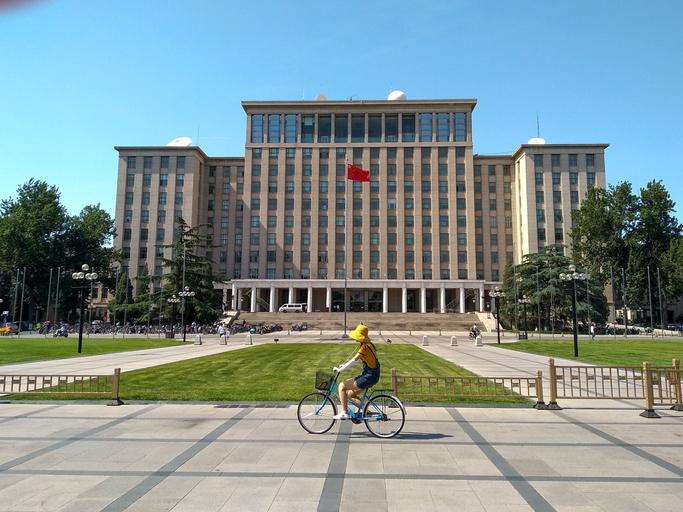
Chinese universities face a tricky route to the top

Covid-19 is widely expected to hit major Western universities where it hurts most – in their pockets. Given the expected drop in fee-paying international students, along with less and less direct government funding, some are predicting major setbacks. But will this pause allow rapidly improving Chinese universities to finally compete with their Western counterparts in the next decade?
Like most things in life, the picture is not entirely clear.
On the surface, Chinese universities look set to gain from likely increases to funding by Beijing due to Covid. The Chinese are attempting to use the crisis as an opportunity to gain first-mover advantage in terms of restarting their economy in the post-Covid world. Virtually all sectors of the Chinese economy are opening up as rapidly as possible while much of the world continues wrestling with lockdowns and looking ahead to next year for full reopening.
Allied to this, Beijing decided long ago that creating world-class universities was a key component of Xi Jinping’s “China Dream”. And when it comes to pure science research in chemistry, physics, mathematics, artificial intelligence and big data, there is no doubt that Chinese universities are up there with the very best in the world.
In the past two decades, the country has tempted many of its uber-talented diaspora back to China to set up labs to undertake cutting-edge research. Admittedly, though, many of them do not actually return for good but rather set up their research in China while maintaining their full-time academic status in the West. Often, they are operating in China because Chinese universities are throwing money at them like it’s going out of fashion – unlike in the West where they need to spend a great deal of their time applying for grants and jumping through the necessary research hoops.
One area where Chinese universities will probably never be able to compete is in the social sciences and humanities. China’s top-down control means that research relating to political philosophy, political freedom and social issues cannot and will not be allowed free rein. Plus, most of the top Chinese talent in this area does not want to work in China anyway.
A further point of weakness among Chinese universities is their inability to hold on to top researchers in fields with practical applications. In today’s China, many of the top researchers in electronics are not found in the country’s universities but in labs operated by the big Chinese firms such as Huawei – and these big scientific talents are unlikely to ever work for a Chinese university either.
Then there is also the fact that top talent from developing countries all over the world usually still prefer going to a second-tier university in the UK, US, Australia or Canada rather than Tsinghua or Peking University, assuming that similar scholarships are offered. This is because many of these talented young people are not looking at universities solely on their rankings, research reputation and brand. Many are looking for migration opportunities along with their education, and right now China is not seen as a desirable place to migrate to – in fact, under the current Chinese system, there is no pathway for even top foreign talent to gain Chinese citizenship after their studies.
Despite such issues, there is no doubt that Chinese universities are on the rise alongside China itself in the international system. As China ascends towards the number-one spot in that system, its universities will also rise, but probably at a slower and uneven pace. In the sciences, we can expect big things in research from China in the coming decade, even if some of it comes from Chinese companies as well as universities.
Looking longer term, say 30 or 40 years from now, anything is possible. But there are two important developments to look out for.
First, a change in China’s political system. By that I mean if the Chinese system opens up and, in the process, the country’s elite universities are given autonomy. Crucially, this will allow them to choose the best university leaders rather than those most loyal to the Chinese Communist Party.
Second would be a situation where the best students worldwide begin choosing to attend Chinese universities, not only to study but to carry out their graduate work. Once top students from developing countries head to China in large numbers, like they do now to the West, it is likely that a significant portion of them will also stay on in China during their most productive years – just like many of China’s top students did for the past 30 years at top US universities.
In the end, what truly makes a great university is the “soft” side – the people in the system. Talent and ideas usually head to and flourish in places where they find the most freedom and funding. Current Chinese university leaders know this, and the only thing holding them back is politics. They know this as well but can’t do anything about it.
They, and much of the world, are awaiting China’s perestroika and glasnost. Until then, there may be too many soft issues holding China’s universities back from making a genuine challenge on the world stage. The big question, of course, is whether it will ever happen. Currently, it doesn’t look likely.
James Chin is professor of Asian studies at the University of Tasmania, Australia.


